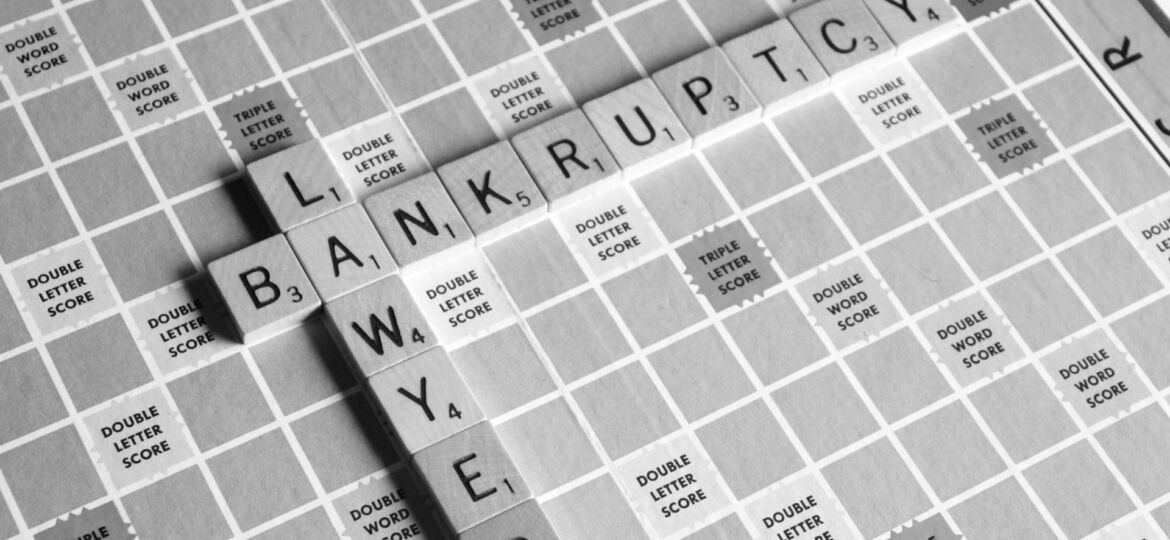
Going bankrupt will damage your credit score and your credit history and will harm you when you look to borrow money again, even for amounts as little as $100.
When you need to borrow money online and turn to products and loan such as payday loans, cash advance loans and other options, although lenders may consider you for credit and for a loan, even if you have poor credit or have a very bad credit rating, they will likely charge extremely high APR and interest rates, as lenders are worried about not receiving their money back from borrowers with poor and bad credit.
Before you decide to declare for bankruptcy it is important to consider all of the options and what each will mean for you, your finances and even your family. Going bankrupt can have serious long term effects on you and your financial future. Therefore, make sure you have considered all options before filing for bankruptcy, even if you have realized that you will be unable to repay the money you owe.
You should also consider what each potential outcome could mean for you if you do declare bankruptcy as well as whether it is worth doing so. You may for example have an outstanding 600 dollar loan you are struggling to repay, but you should always try and figure out how you can repay your loan in full as soon as possible to avoid bankruptcy.
This guide explains a little more about bankruptcy and what happens when you decide that bankruptcy is the right option for you.
What is Bankruptcy?
Bankruptcy is the legal process that is designed to help both individuals and businesses eliminate all or part of their debt. Bankruptcy can also help these people or businesses repay a portion of what they owe to their creditors. Bankruptcy is overseen by federal bankruptcy courts in the US.
Bankruptcy allows you to get relief from your debt and it often helps people who can no longer pay their debts get a fresh start by liquidating assets to pay their debts or by creating a repayment plan, potentially as part of a debt management plan.
It is, however, important to understand that declaring bankruptcy can have and most likely will have serious and long term effects on your credit. Filing for and completing the process of declaring bankruptcy will remain on your credit report for up to 10 years and this will harm your ability to open credit card accounts or get approved for loans at good rates.
What Happens When You Declare Yourself Bankrupt in the US?
If you are struggling to repay your loans and debts, then bankruptcy might give you the opportunity to pay down a portion of these over time or even eliminate them entirely.
What happens when you do declare bankruptcy is that you are granted an ‘automatic stay.’ This is essentially a block on your debt to keep creditors from attempting to collect the money, for example through a continuous payment authority you may have had to grant them when completing your loan application in the first place. They are not allowed to deduct money from your bank account, garnish your wages or go after any of your assets.
This allows you time in order to speak to a bankruptcy lawyer, the court and your creditors to determine the best next steps to take. It doesn’t matter whether you owe money from numerous loans or even from just from a single $1000 cash loan you may have taken but are no longer able to repay.

What Happens to My Credit Score if I Go Bankrupt?
When you go bankrupt, this shows that you are no longer able to pay your debts as you originally agreed to. This will have serious negative consequences and will badly damage your credit history and your chances of being seen as a viable lending prospect for any lenders and credit providers across the USA.
Bankruptcy can continue to stay on your credit report for up to 10 years after you go bankrupt.
Can I File For Bankruptcy With Outstanding Loans?
Yes, it is possible to file for bankruptcy on outstanding loans and debts, but if you realize that you will not be able to repay your loan this should not be your first step. You should always get in touch with your lender as soon as you realize or believe you will no longer be able to make your repayments.
The worst thing you can do is avoid making your scheduled repayments and avoid your lender. If you speak to your lenders before you consider anything like bankruptcy, they may be able to help you with a repayment plan.
Claiming bankruptcy should always be discussed with a professional to determine whether it is the right course of action as well as asking for financial help from family and friends and seeking alternatives to filing for bankruptcy.
Remember, bankruptcy will damage your credit report and could make it very difficult to borrow money again!
If you are unable to meet your loan repayments, you should always seek an alternative to declaring bankruptcy in the first instance and you should always talk to your lender to find a solution. Contacting the lending company to find a manageable repayment plan should be your first port of call. Lenders may be able to renegotiate your repayments so that you can pay off smaller amounts over a more extended period.
Can My Credit Score Recover After Filing For Bankruptcy?
Yes. Over time, your credit score can recover from the damage inflicted on your credit record as a result of bankruptcy, with good spending habits as well as no other cases of bankruptcy.
However, it is not easy and is not a quick process to repair your credit score after filing for bankruptcy. Furthermore, there are good credit and monetary practices you can undertake which can help improve your credit score and which can help you improve the chances of being accepted in the future for loans and credit.

